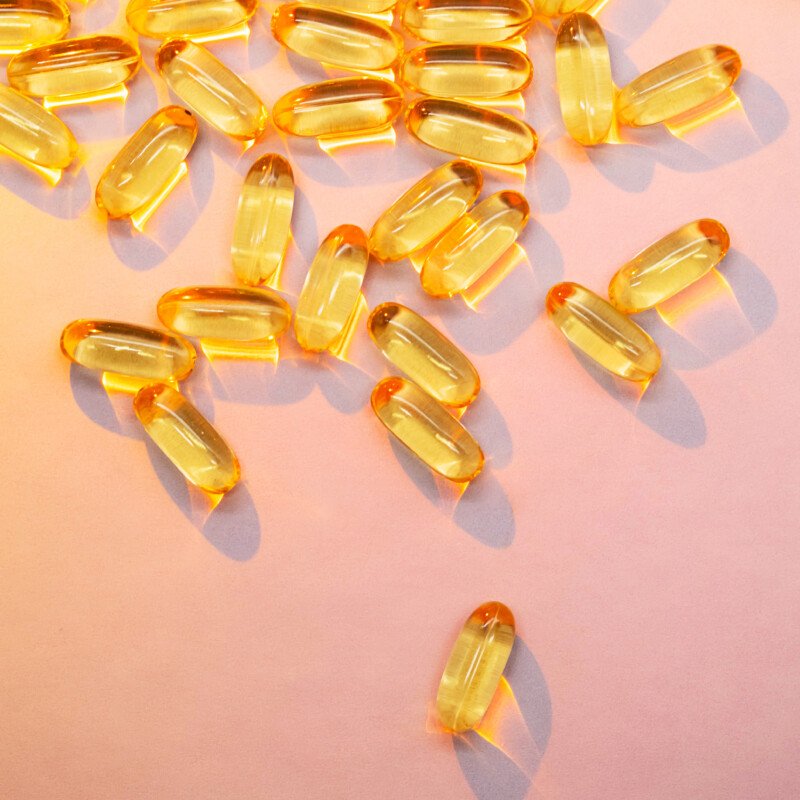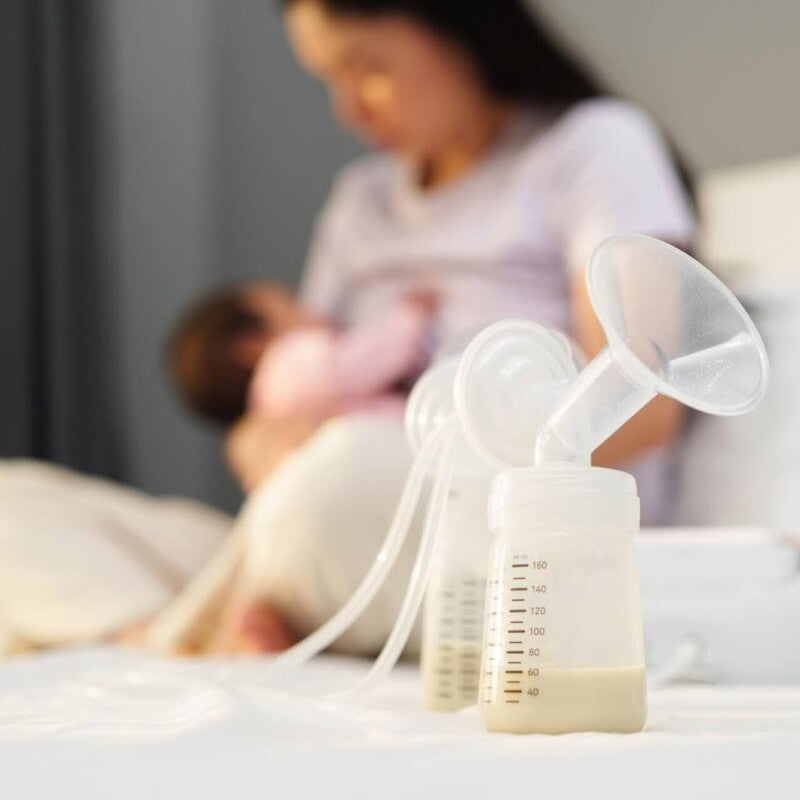The Essentials
- Pregnancy is a critical period for both mother and developing foetus.
- Omega-3 fatty acids, specifically DHA, are essential for fetal brain and eye development.
- Fish oil contains both DHA and EPA, while omega-3 refers to the entire family of polyunsaturated fatty acids (PUFAs), including DHA and EPA.
- DHA is the most critical omega-3 fatty acid during pregnancy.
- Some studies suggest EPA may also have benefits during pregnancy.
- Taking a high-quality fish oil supplement is an effective way to ensure adequate intake of both DHA and EPA.
What's the difference between DHA, Omega 3 & Fish Oil?
Man of us have heard it is a good idea to take DHA, omega-3 and fish oil during pregnancy. But what does that mean? Are they the same thing? What are they? And which should I take?
Simply put, pregnancy is a crucial time for both the mother and the growing foetus and some nutrients are more important than others.
Docosahexaenoic acid (DHA), an omega-3 fatty acid, is one essential nutrient
In this article we will clarify the differences between DHA, omega-3 fatty acids, and fish oil and will explain which one is ideal for pregnant women.
Is omega-3 DHA the same as fish oil?
Despite being linked, omega-3 and fish oil are not the same as DHA. While omega-3 refers to the full family of polyunsaturated fatty acids (PUFAs), which includes DHA and EPA, fish oil contains both DHA and eicosapentaenoic acid (EPA). DHA is an omega-3 fatty acid that is crucial for the growth of the embryonic brain and eyes. Although EPA also contributes to prenatal development, it is most frequently linked to cardiovascular health.
- The Omega-3 group includes DHA and EPA and others
- Fish Oil contains DHA and EPA
- DHA supplements typically do not include EPA
Is it better to take fish oil or DHA?
DHA is the most important omega-3 fatty acid to take throughout pregnancy. This because it supports the growth of the foetal brain and eyes,.
While it is feasible to get enough DHA through food, many expectant mothers find it challenging to know how much they are consuming, and if whether they are actually getting enough.
In other words, for most expectant mothers, the easiest way to consume enough DHA is to take a high-quality DHA supplement.
Do I need to take both DHA and fish oil while pregnant?
Generally no. If you are already regularly taking a high quality DHA prenatal, you generally do not need to also be taking Fish oil.
If you are already taking Fish oil, you may or may not be getting enough DHA. Modern medicine recommends you take at least 200 mg of DHA per day. If it is less than this, consider adding or switching to a DHA prenatal.
Nevertheless, it is possible that you need to take additional EPA as well. It is always advisable to see a healthcare professional before beginning any new supplements while pregnant.
Is fish oil the same as DHA for pregnancy?
Both DHA and EPA are found in fish oil, and DHA is a particular omega-3 fatty acid that is crucial for the growth of the embryonic brain and eyes.
As a result, even though fish oil can be a useful source of both DHA and EPA, it’s crucial to focus on the DHA content specifically during pregnancy. (Remember to aim for at least 200mg per day.)
Summary
In conclusion, pregnancy guidelines recommend taking at least 200 mg of DHA per day for optimal support for foetal growth and pregnancy.
Recent research indicates that insufficient omega-3 fatty acids during pregnancy may be linked to future visual and behavioral deficits in the newborn.
While it is possible to consume enough omega-3s through food, many pregnant women find it difficult to satisfy their needs – especially if they have dietary restrictions.
The easiest way to adequate consumption of all necessary omega-3 fatty acids during pregnancy can be achieved by taking a high-quality fish oil supplement that contains both DHA and EPA.
Nevertheless, it is always advisable to see a healthcare professional before beginning any new supplements while pregnant.
References
https://www.ncbi.nlm.nih.gov/pmc/articles/PMC3046737/
https://www.ncbi.nlm.nih.gov/pmc/articles/PMC2621042/
https://www.healthline.com/health/dha-and-pregnancy
https://www.racgp.org.au/clinical-resources/clinical-guidelines/handi/handi-interventions/nutrition/omega-3-fatty-acid-addition-in-pregnancy-to-reduce
https://www.seslhd.health.nsw.gov.au/sites/default/files/groups/Royal_Hospital_for_Women/Mothers








